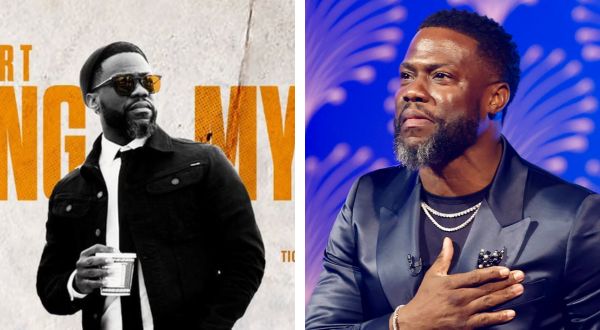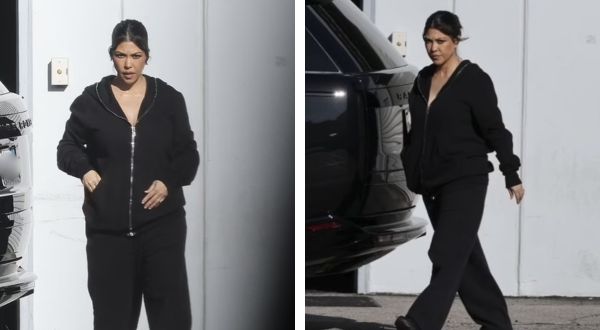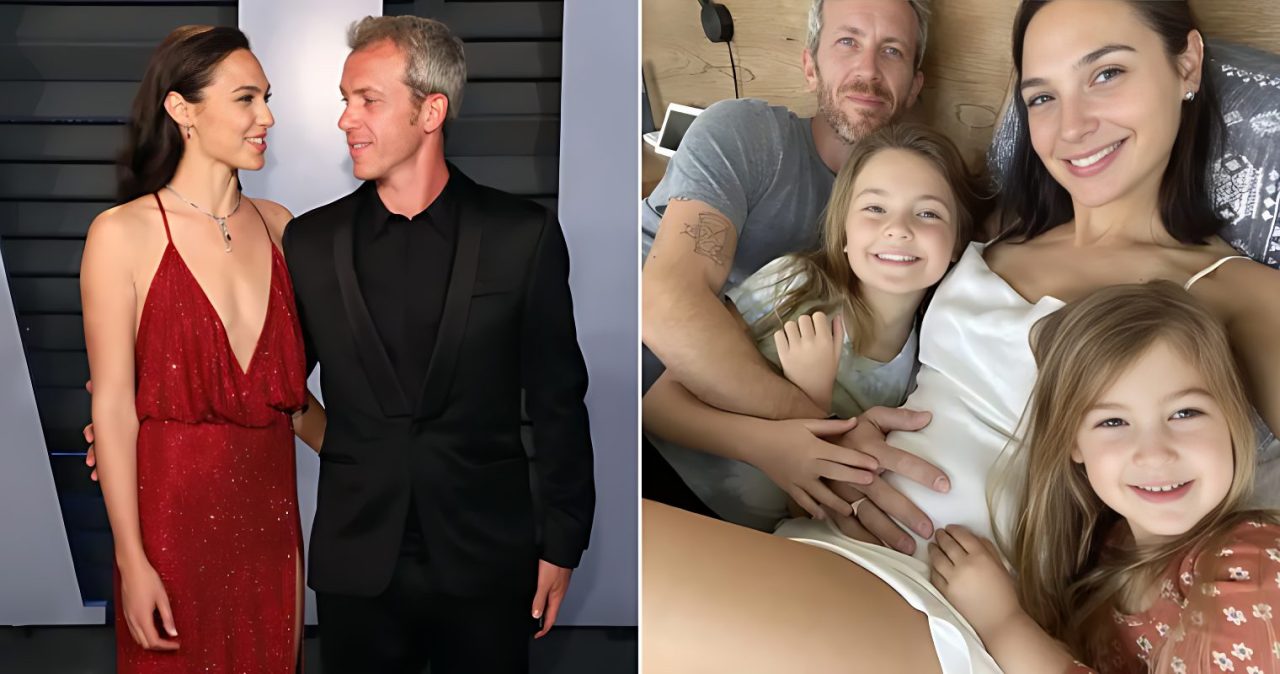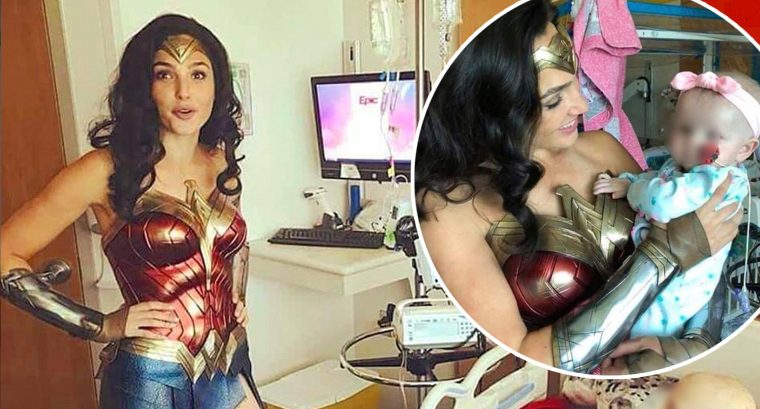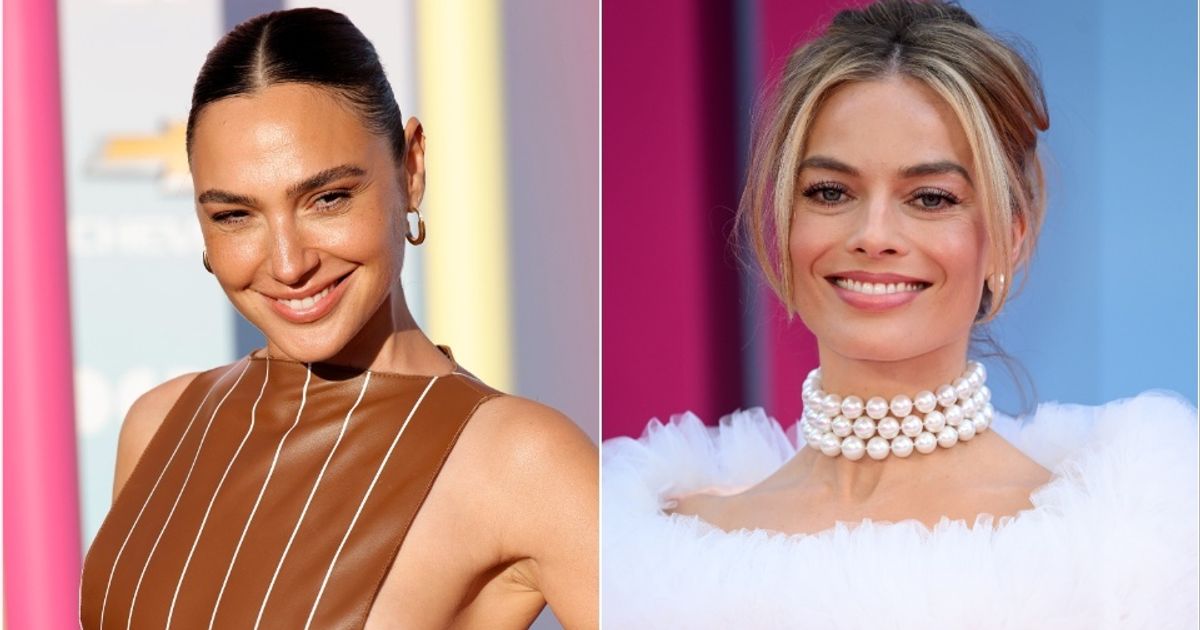While female heroes took the spotlight in Black Panther: Wakanda Forever, producer Nate Moore shared why the ratio of male to female heroes turned out so one-sided in the story.

Black Panther 2 concluded the MCU’s Phase 4 storyline in grand fashion, becoming the third-highest-grossing movie in the Phase while earning overwhelmingly positive reviews across the board. It also set a unique record by becoming the highest-grossing female-led superhero movie in history domestically, only trailing Captain Marvel worldwide.
Not only was Black Panther 2 driven by female heroes like Shuri, Okoye, and Ramonda, but the only male heroes to get similar screentime were M’Baku and Namor the Submariner, as the story centered around women in a way never seen in the MCU before.
Now, with the sequel having made its mark on the grand MCU saga in the wake of the late Chadwick Boseman’s death, one of Black Panther 2‘s producers spoke on that disparity between male and female characters.
Black Panther 2 Producer on Female Majority in Cast

Speaking on the second episode of the official Black Panther: Wakanda Forever podcast, Marvel Studios VP of Production & Development Nate Moore addressed how the sequel became so female hero-heavy during story development.
Moore attributed that vibe to being “organic storytelling,” explaining that his team wanted to avoid shoving more male characters into the plot just for the sake of having them there:
“But the female-centric vibe of the movie is just organic storytelling. Like, I guess, we could’ve introduced more male characters, and shoved them in there, or figured out ways to get other male heroes in there if our goal was just to have more guys. But that’s not a great goal for anybody to have…”
Black Panther comic writer Ta-Nehisi Coates, the podcast’s host, also asked about Riri Williams/Ironheart’s importance in the movie, describing the sequel as “very much a mother-daughter story” after the original Black Panther focused on a father and his son:
“One of the other new characters that we see obviously is Riri/Ironheart. Can you talk about just the importance of Riri in this film? And also I think related to that, the extent to which this film centers around women, and is very much a mother-daughter story, I would say, whereas one might consider the first ‘Black Panther’ more of a father-son story. This is very much a mother-daughter story and I wonder how you guys felt about that and what you thought about that.”
Moore noted that the Shuri/Ramonda angle came naturally due to “the reality of what [they] were working with” when Chadwick Boseman passed away, having the story lean on the two characters “who would be most affected” by T’Challa’s death:
“Yeah, I mean the mother-daughter angle was dictated by the reality of what we were working with when Chad passed, right? It seemed natural that the two people who would be most affected by T’Challa passing would be Ramonda and Shuri. And I don’t know what other course of action there would be other than to lean into that dynamic, because that is where the emotion is for the storytelling.”
He also heaped praise upon Angela Bassett and Letitia Wright for their performances, noting how they “over-delivered in the first movie” before carrying a huge load for the sequel:
“And it doesn’t hurt that you have two fantastic actresses in Angela Bassett and Letitia Wright, so it’s not like, ‘Oh, we can’t depend on them to deliver.’ In fact, they over-delivered in the first movie, I would argue, and sort of, if not emotionally, at least from a talent perspective, were ready to carry the film.”
Moore turned the attention to Riri Williams later, comparing her intelligence with Shuri’s while noting that she’s “educated in a completely different society” and had a wildly different experience growing up in the United States rather than Wakanda:
“I think Riri is an interesting addition to the franchise, because, much like Talokan, it’s a study in contrast, right? It’s someone who, you could argue, is as smart as Shuri is, but educated in a completely different society with a completely different experience as a Black woman in America. And so to hold those two characters next to each other, there’s, again, there’s just narrative tension in that relationship.”
Giving credit to Ryan Coogler as a director and storyteller, he highlighted how much impact the movie had by bringing so many powerful forces into play with one another thanks to characters from Wakanda, Talokan, and the USA being involved:
“And so, I’ll just go back to it, Ryan as a filmmaker and a storyteller is interested in building the tension of people and seeing how they pinball off each other. And so, when you have both Wakanda, and Talokan, and Shuri, and Riri, and Namor, who all have these points of view who are in contrast with each other, there’s magic in that if you can land on it correctly.”
As for how female-centric the story was, Moore made it clear that his team didn’t want to make it a goal to shove more male characters into the story – rather, it was “about trying to tell the best story:”
“But the female-centric vibe of the movie is just organic storytelling. Like, I guess, we could’ve introduced more male characters, and shoved them in there, or figured out ways to get other male heroes in there if our goal was just to have more guys. But that’s not a great goal for anybody to have. Really it’s about to trying to tell the best story.”
Female Heroes Carrying Weight in Black Panther 2
While the cast of Black Panther 2 did largely center around its big female players, it seemed like a choice that was only natural considering how these characters were such a big part of T’Challa’s life in the MCU.
It also felt like an easy progression into making the story about Shuri and Ramonda after the first movie focused so heavily on T’Challa and T’Chaka.
This decision worked out beautifully for the sequel, especially with Angela Bassett winning a Golden Globe Award for Best Supporting Actress after providing an incredible performance. And with Shuri becoming the Black Panther, taking over the mantle from her late brother, Letitia Wright stepped up to the plate and gave the MCU its latest top-notch female protagonist.
On top of that, Shuri is already set to reportedly play a key role later in the Multiverse Saga with a leading part in Avengers: The Kang Dynasty, indicating that she’ll be a leader for the team for a long time to come.
Black Panther: Wakanda Forever will be available to stream on Disney+ on Wednesday, February 1.
source: thedirect.com



